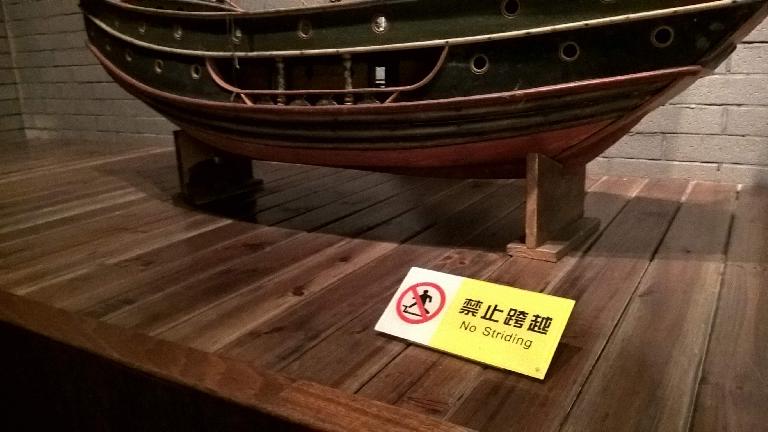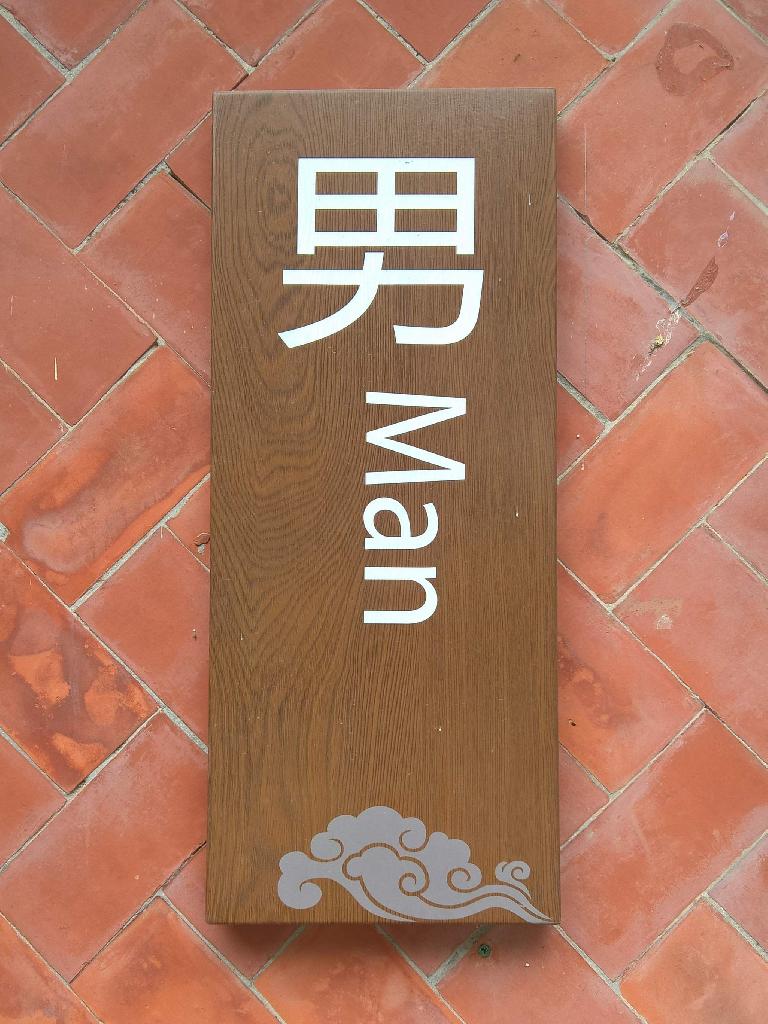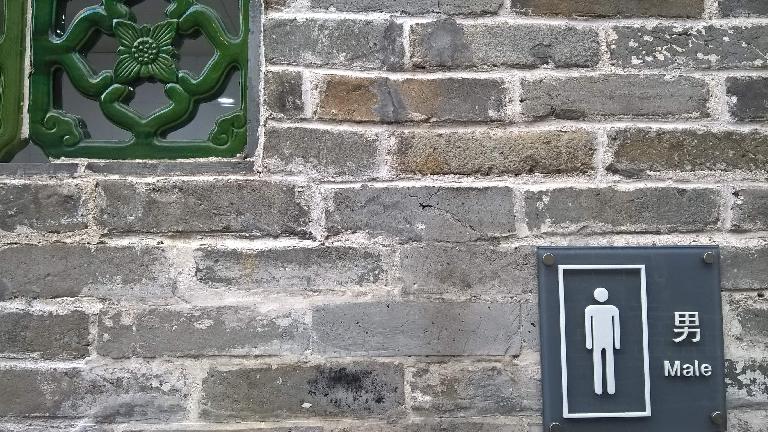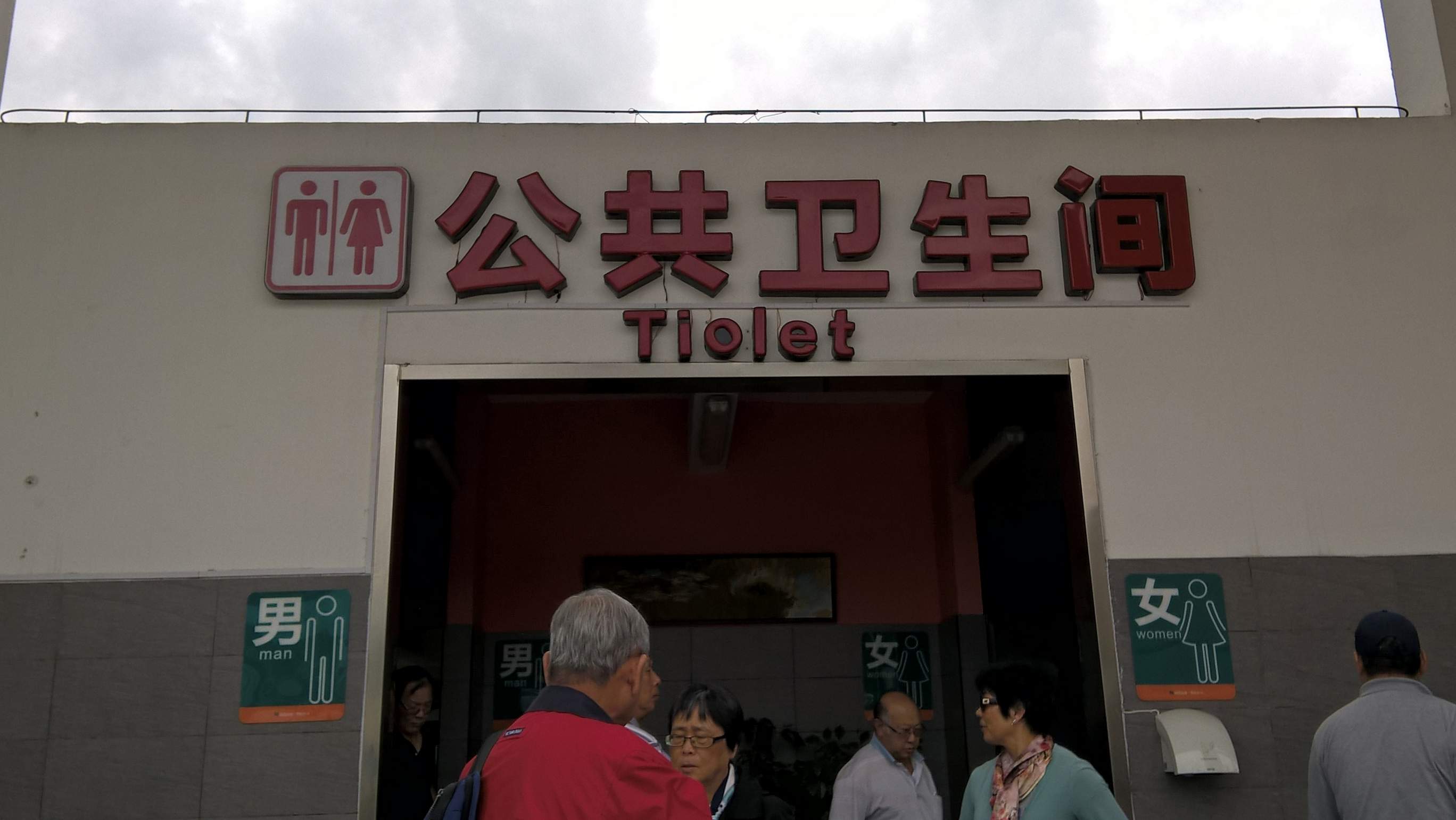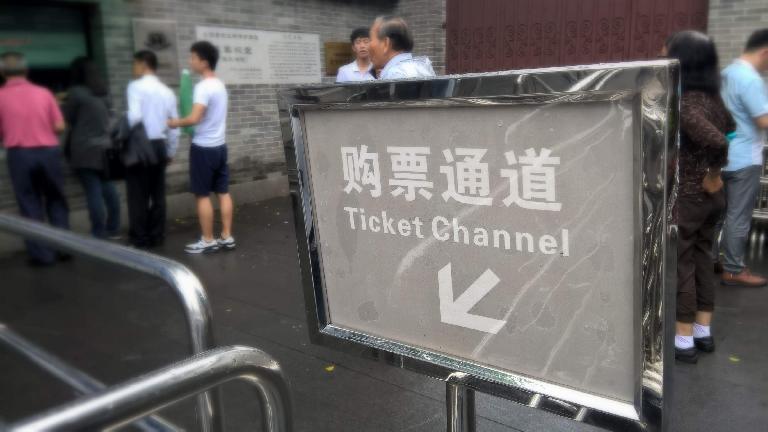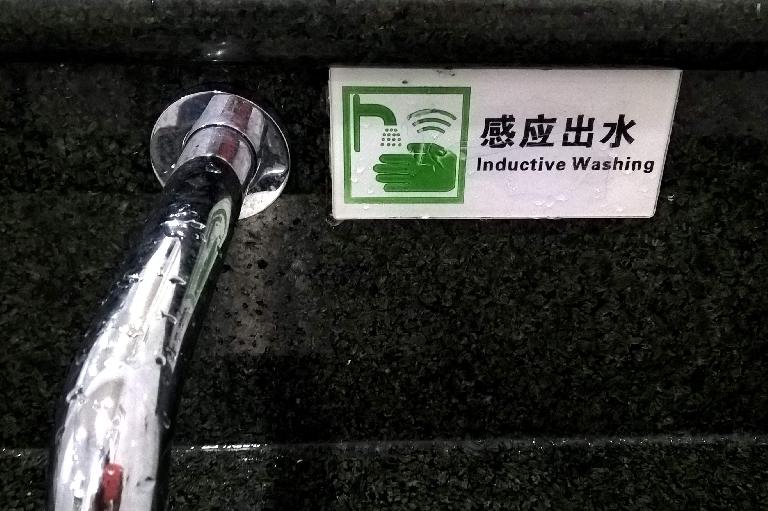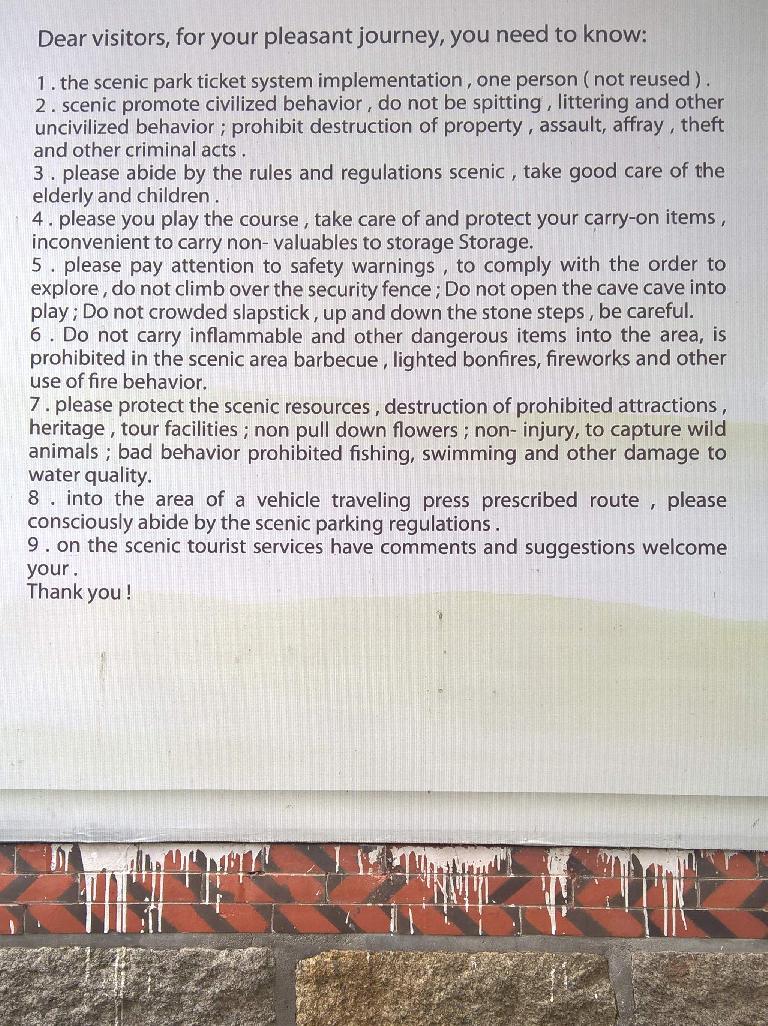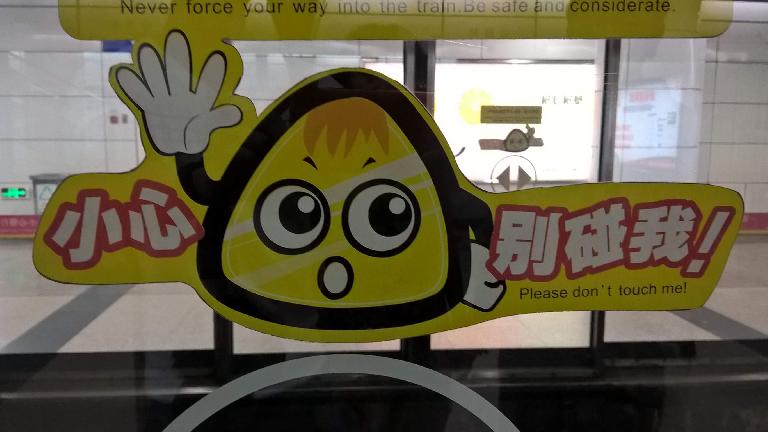Not-so-bad Chinese-English Translations
I just finished a 10-day tour of the Fujian and Guangdong provinces, and judging by the signs I’d say the Chinese are getting better at English translations. This was good news for me since I cannot identify more than, oh, 30 Chinese characters and heavily rely on English words and pictures to know where the heck I am going in China.
Below are examples of some of the more odd translations I encountered. They are not so bad, yes? I actually only encountered one truly terrible, albeit somewhat humorous, English sign that was posted at the Quanzhou Kaiyuan Monastery. Apparently, no bonfires are allowed there, nor is slapstick behavior (good to know).
I encountered more English-challenged signs two years ago, so maybe Chinese authorities are wising up in this age where you could easily outsource translation tasks to native speakers on the internet (e.g., on sites such as fiverr.com) for a few bucks.
